Follow-along mobility
Swap the ID for your preferred routine.
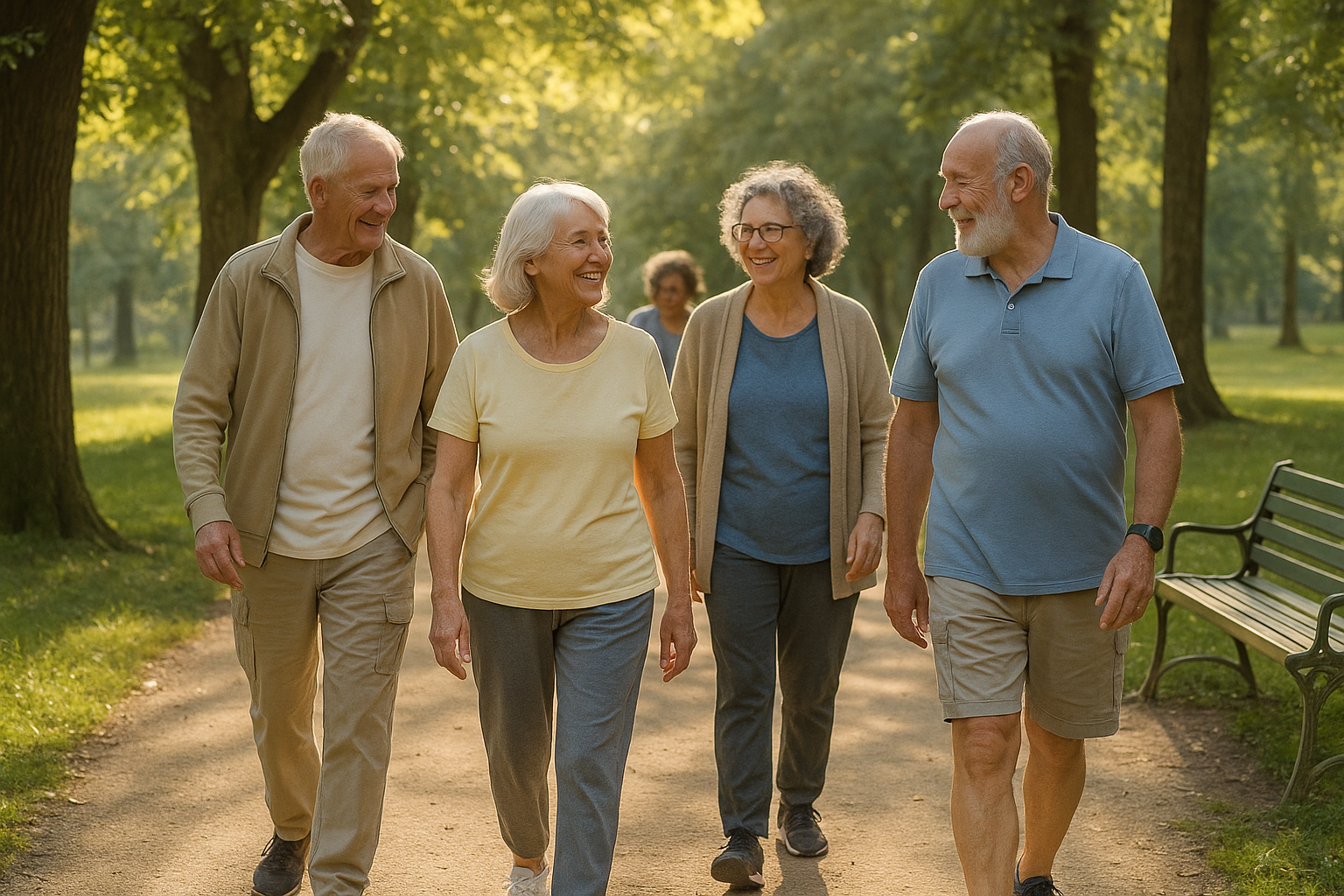
Ageing well is systems work: move most days, load muscles and bones, train balance, feed your microbes, sleep to repair, and keep close to people. Below: clear explanations, safe progressions, and short videos.
After 50, muscle and bone can decline faster unless we load them. Strength work supports joints, keeps us independent, and protects against falls. Balance training lowers fall risk, and aerobic movement (e.g. walking, swimming) boosts brain blood flow and mood.
Start where you are. Progress slowly. Pain that lingers or worsens → talk to a clinician.
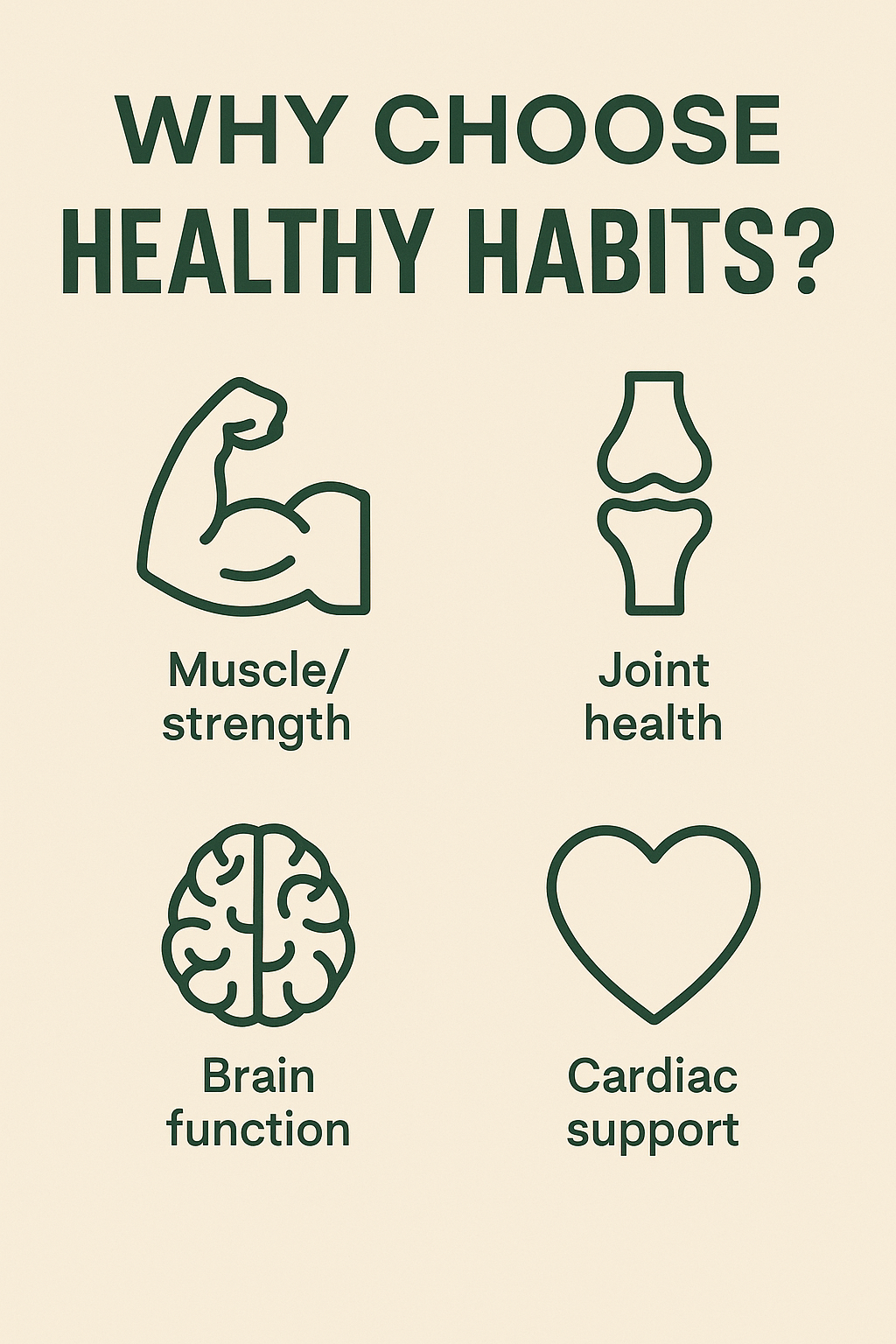
Move within comfort. Mild stretch = good; sharp pain = stop.
Swap the ID for your preferred routine.
Choose a weight you can lift with tidy form; last reps “challenging but doable”. Rest 60–90s between sets.
Prefer a guided session? Try our Beginner Strength routine.
Walking is joint-friendly, mood-lifting, and free. Mix easy, brisk, and hill work.
If balance is an issue, choose well-lit flat routes or walk with a friend.

Water supports joints while giving full-body resistance. Great for arthritis, back care, and confidence building.
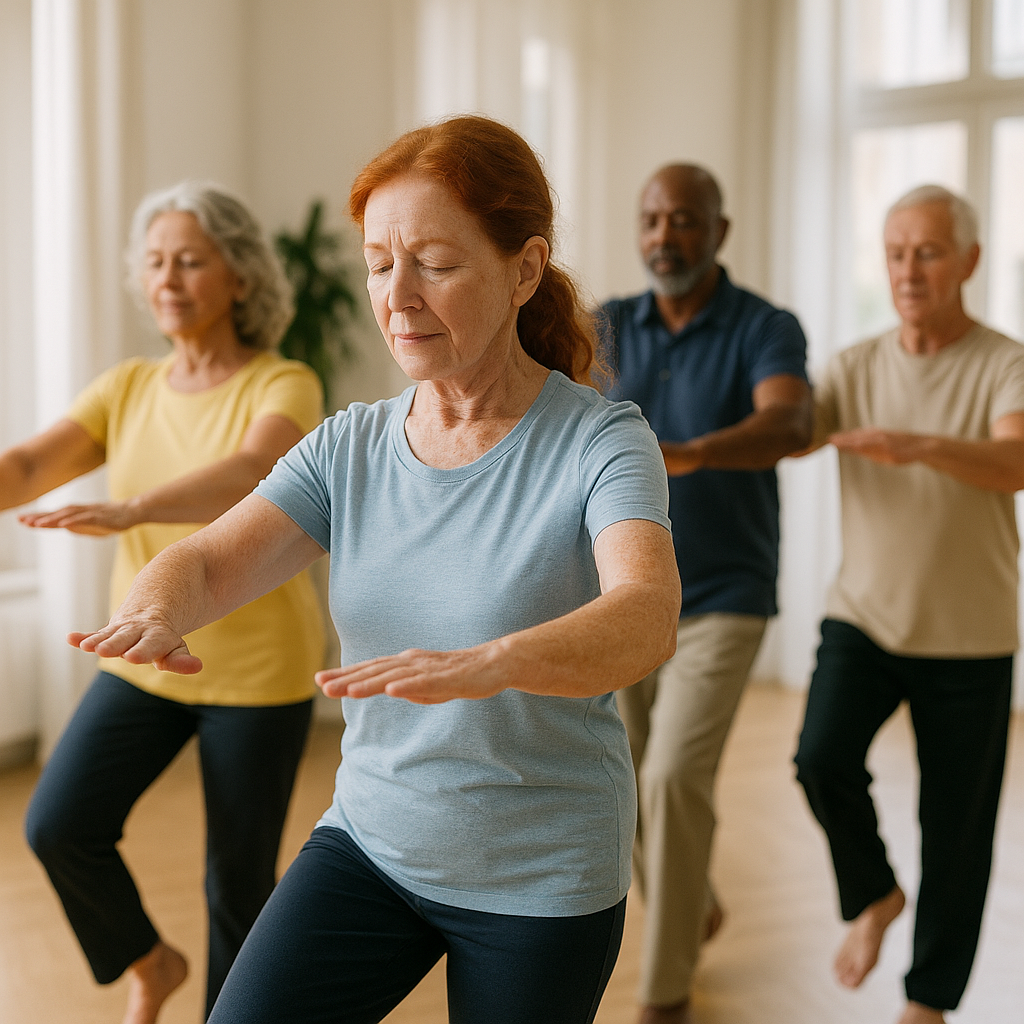
Gentle flow for balance, breathing, and calm.
Simple sequence for posture and energy.
Chair-supported stretches for strength and flexibility.
Gut microbes thrive on fibre variety. A diverse plant intake supports digestion, inflammation control, and brain–gut signalling.
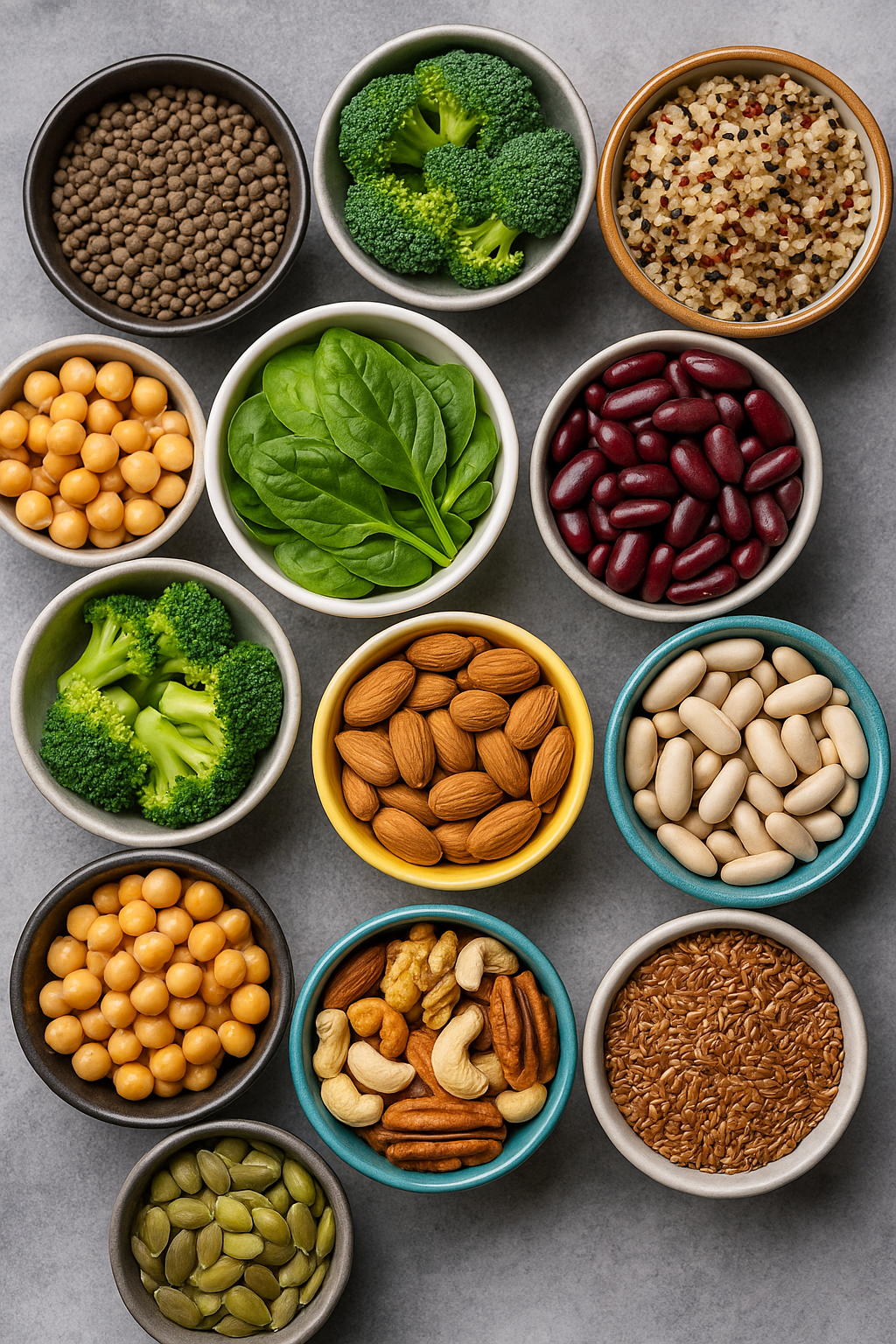
Aim ~1.0–1.2 g per kg body weight/day (higher if lifting). Spread across meals (e.g., 20–35 g/meal).
Focus on high-fibre wholegrains, pulses, and fruit. Time carbs around activity if energy dips.
Prioritise unsaturated fats (olive oil, nuts, seeds, oily fish). Limit ultra-processed foods.
Adjust portions for appetite, goals, and any clinical guidance you’ve been given.
Blueberries, leafy greens, cocoa, nuts, and oily fish contain compounds linked with vascular and cognitive health.
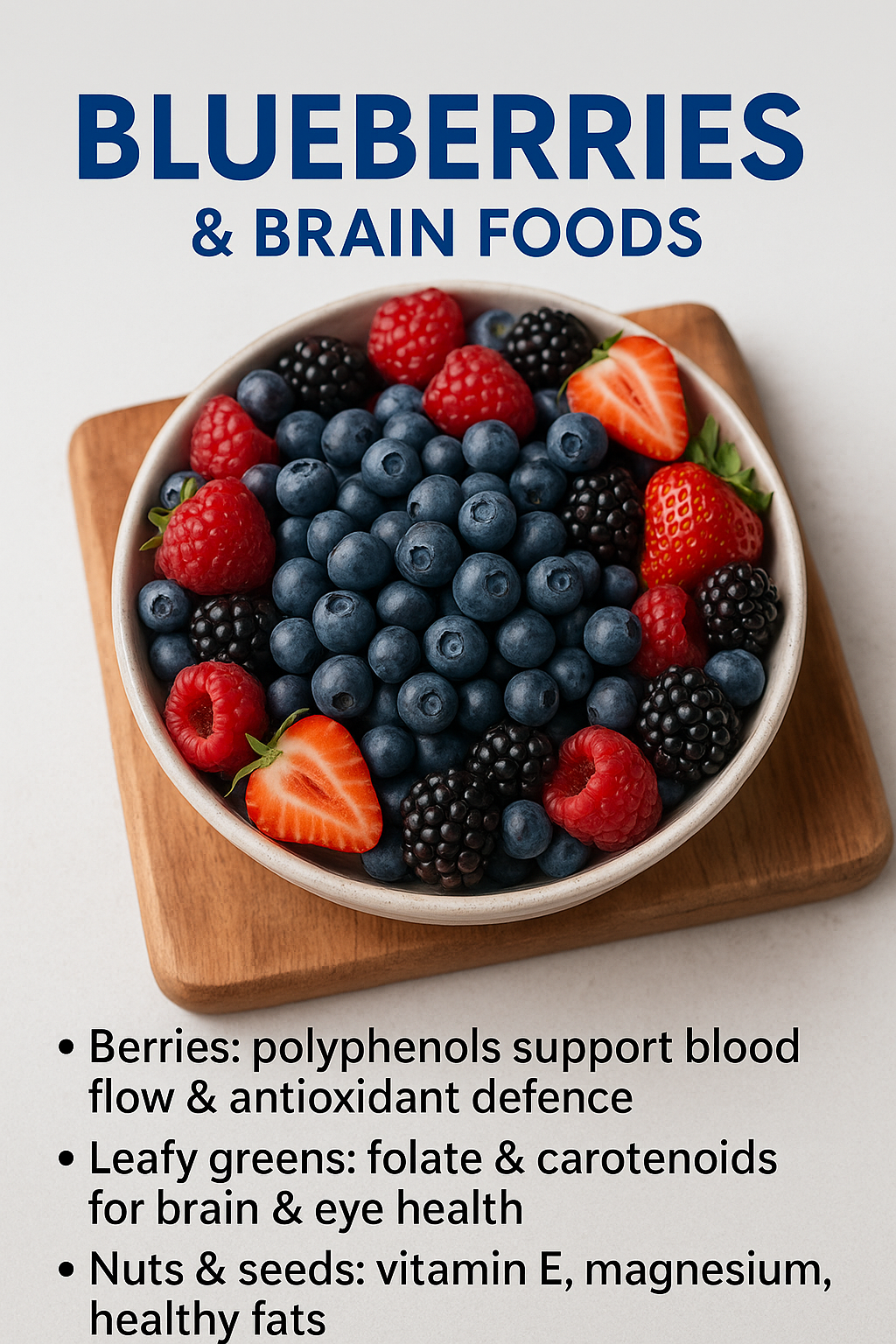
Mild dehydration can affect energy, attention, and balance. Use a simple routine.
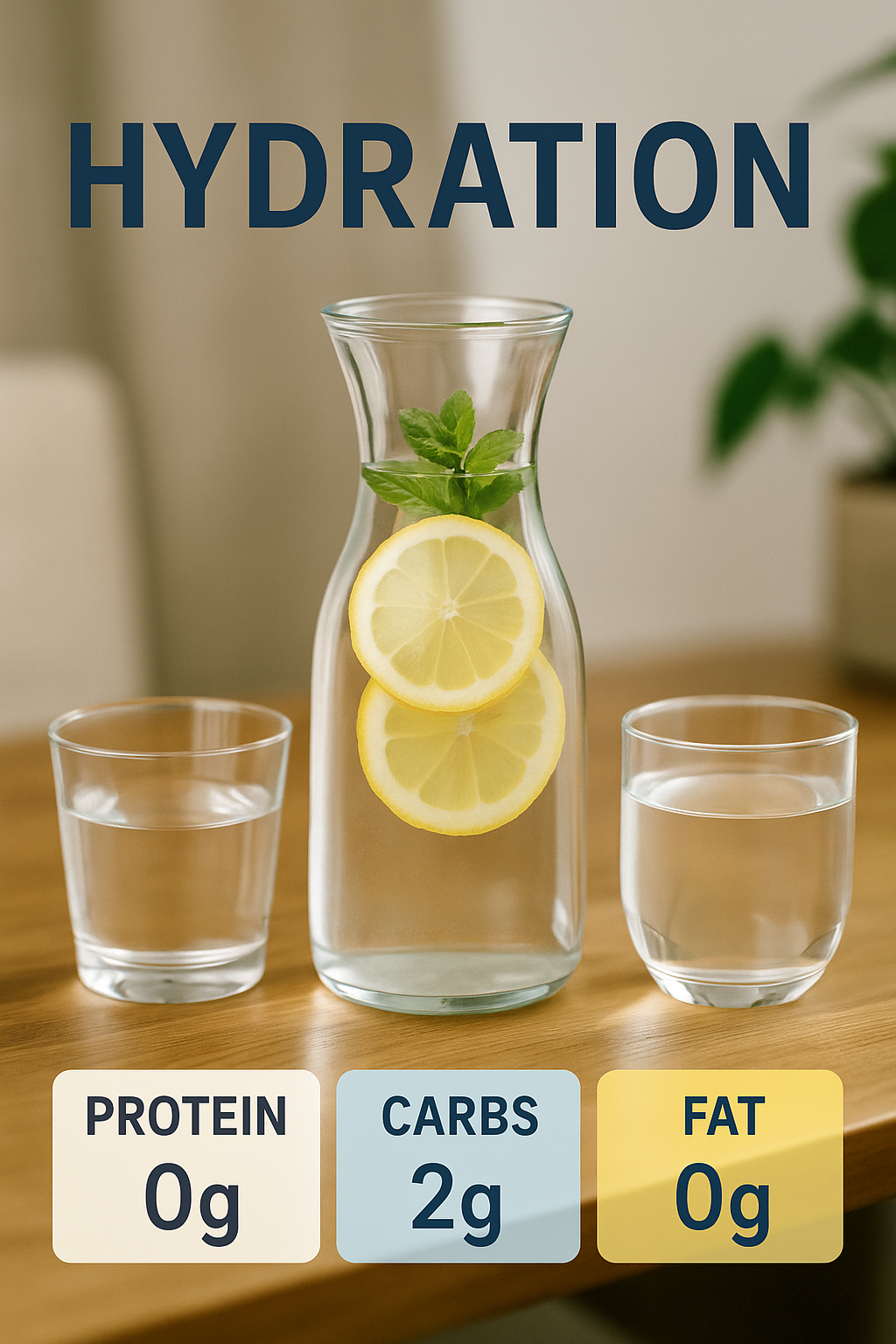
Try 4-6 breaths/min for 5 minutes.
The information on this page is for general understanding and support. It is not a substitute for professional medical, psychological, or legal advice. If you feel unable to keep yourself safe or someone else is at risk, call 999 (UK) immediately. If you’re outside the UK, contact your local emergency number.
For non-emergency concerns, consider speaking with a qualified health professional or one of the support services listed on our Wellbeing pages.
Back to Wellbeing
12) Community & mood
Connection protects health. Pair movement with people: walk groups, community pools, classes, or a friend at the gym.